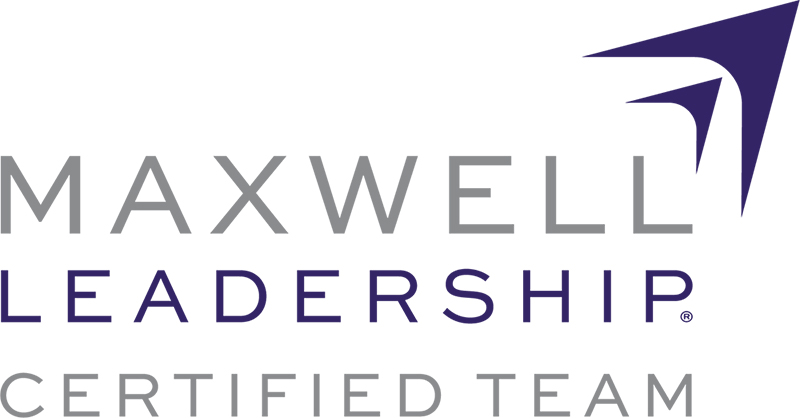The Leading Edge: An Important Leadership Tool that is Often Overlooked

By Michelle Weidenbenner, a certified John Maxwell Team coach, speaker, and trainer.
It was time to make the call – the first coaching call of many that I’d promised. Twenty people had come to my writing seminar. As a bonus, I promised attendees an hour of free coaching after the event.
But I was nervous. I’d never done this before.
Jim was the first person on my list. All I knew about him was that he had a passion for writing and had paid for my workshop. He was serious about writing.
I prepped myself. The first step to leading is listening. Do not let your own thoughts creep into your head. Listen to what Jim says, but listen to what he doesn’t say too.
I dialed his number at our scheduled time, wiped my sweaty palms on my slacks, and took a deep breath. Relax. You’ve got this.
He answered after a few rings.
“How can I help you today?” I asked.
“I’m frustrated,” Jim said. “I want to get my work published, but I can’t drive to meet agents or publishers to pitch my work.”
“What’s getting in your way?” I asked.
“I’m blind,” Jim said. “And I had to quit my job, so I don’t have the money to self-publish my books.”
For a brief second I panicked. Now what? How could he possibly succeed if he couldn’t see? It was tough enough to find a publisher as an able-visioned person. How on Earth was I going to help him?
Listen first.
“I’m sorry,” I said. “I can’t imagine how difficult and frustrating this must be for you. What do you like to write, Jim?”
For the next thirty-minutes, Jim shared his passion for writing rhyming poetry, greeting cards, and children’s books. As he spoke, he came alive. I could picture him smiling on the other end of the phone. He had value to bring to others, but he didn’t have a means to fulfill that. He was counting on me.
Panic filled me again. I didn’t know what to say. Everything I’d ever done to accomplish my writing dreams involved eyesight. I stalled. I couldn’t relate. Keep him talking. This isn’t about you. “Tell me more,” I said. “What else can you do?”
He chuckled. “I can sing, and I’m pretty good.”
“What else?”
“I can still work from a computer. I’m slow, but I have software that helps.”
Now we were getting somewhere. “That’s great. What if you could build a platform to sell your greeting cards and singing telegrams online? You could write personal cards for others to give to their loved ones and they’d pay you for them.”
“I’d love that, but how?” he asked.
So many writers said they wanted to get published, but weren’t willing to lead themselves to success. I could hear that Jim was different.
I told him about a website that allowed a person to build a platform selling specific services.
He asked good questions, took notes, and sounded excited.
After our call ended, I reflected back on our conversation. Had I listened? Yes. Was I totally present? Yes. Could I improve? Always.
Three months later, Jim sent me this note:
“So much has happened since I spoke with you. I discovered an outlet for my gifts and an illustrator for my books. I should be submitting everything to Amazon in the next couple weeks for the first book. But there is more! I have delivered seventy-six projects in eleven countries. My projects have included supermarket promotions, product introductions, a comic strip, two marriage proposals, a eulogy for a dog, approximately one-hundred birthday and Mother’s Day greetings, and lyrics for a country western song. I have been able to make people cry, laugh, and feel special and loved. I have shared my faith with people of different religions and cultures without even getting up from my desk. I have brought the world into my little corner of Fort Wayne, Indiana.
None of this would have been possible, without your insight and direction. I have been rejuvenated in my faith and given direction in my new career.”
I sat in front of my computer and cried. Score!
He was changing lives. By intentionally listening to what he could and couldn’t do, and what he said and didn’t say, I saw what really mattered to him. I saw the value he could bring to others, and I had helped lead him to success. I’d heard his cry for help, his plea for someone to recognize his work, and his love for God.
Listening is often overlooked in leadership, but it is the first step in leading someone to success. Listening can bring amazing results that exponentially multiply our efforts as leaders.
Bio
Michelle Weidenbenner is an award-winning, best-selling multi-genre author. She writes stories with a message. She calls herself the “Uncover Agent” because she helps people find their message so they can leave a legacy. When she’s not speaking, writing or coaching she can be found on the pickleball court winning ugly.
